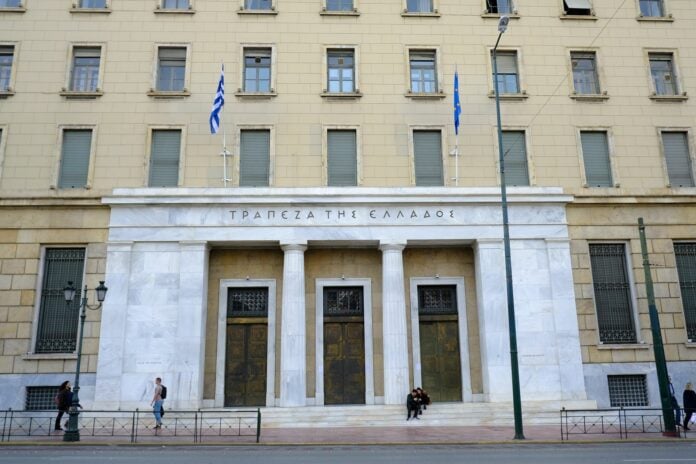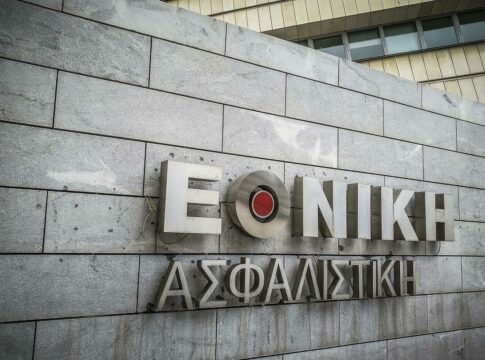In January 2024, the current account registered a surplus of 1.7 billion euros compared to a deficit in January 2023, the Bank of Greece (BoG) said.
Exports plunge, imports drop
The goods deficit grew, reflecting a larger drop in exports than in imports.
At current prices, exports fell by 10.4% (‑7.9% at constant prices) and imports decreased by 3.4% (up by 1.6% at constant prices). More specifically, non-oil goods exports at current prices fell by 8.4% (‑9.5% at constant prices) and the corresponding imports grew by 1.1% (1.9% at constant prices).
Tourist inflows
The services surplus widened in January 2024. This development is attributable to an improvement in all its main components, especially the other services balance. Non-residents’ arrivals grew by 16.0% year-on-year and the relevant receipts increased by 27.1%.
The surplus of the primary income account dropped year-on-year, as net receipts from other primary income registered a decline, almost half of which was offset by a shift from net payments to net receipts of interest, dividend and profits.
The surplus of the secondary income account rose considerably compared with January 2023, due to higher net receipts in the other sectors of the economy, excluding general government, which is associated with an inflow from the reallocation of the Eurosystem’s monetary income to the Bank of Greece.
Capital account
In January 2024, the capital account showed a deficit of 166.9 million euros, against a surplus in January 2023, mainly due to a decrease of 1.2 billion euros in general government net receipts.














